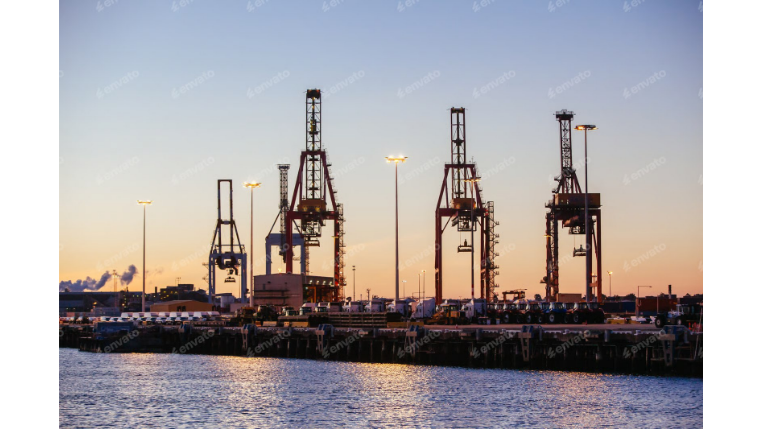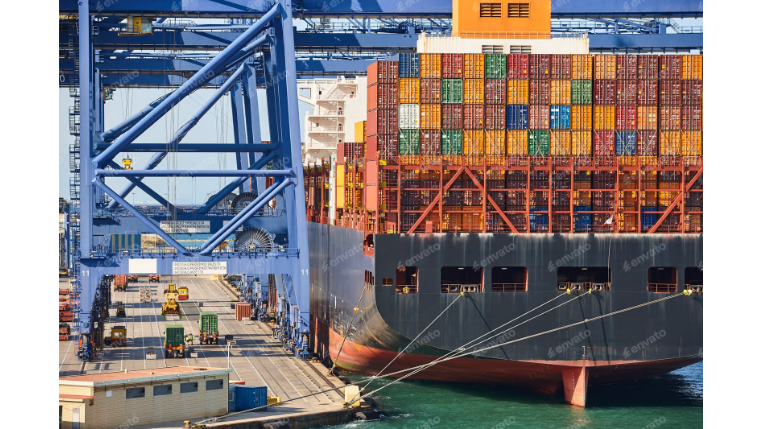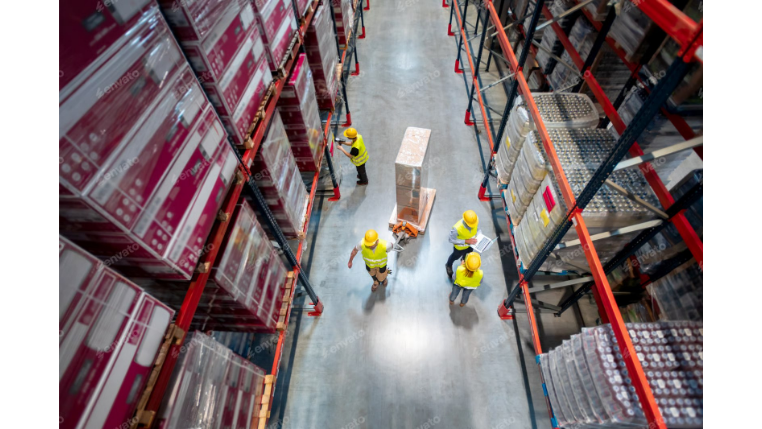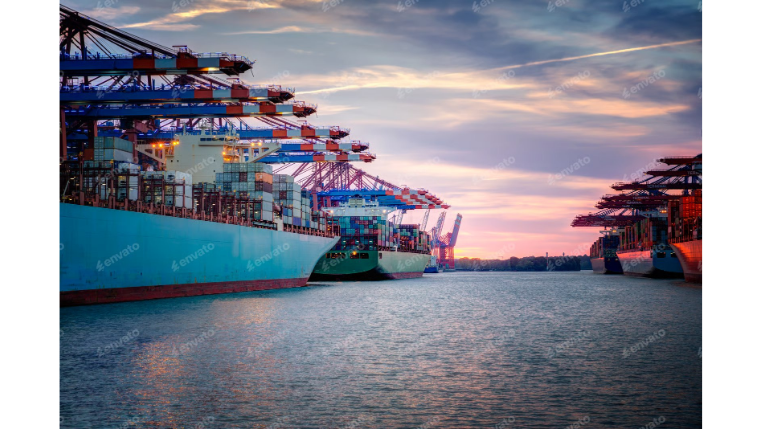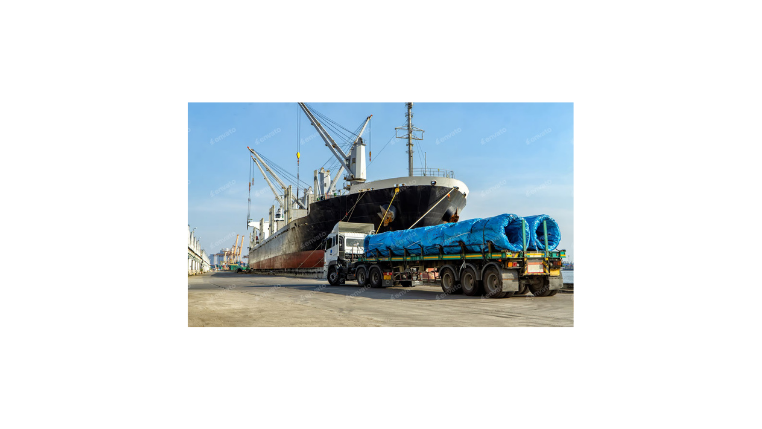Choosing the right FTL freight carrier can make or break your logistics operation. Discover the best options to keep your business moving efficiently and cost-effectively.
Why Choosing the Right FTL Freight Carrier Matters
Selecting the right Full Truck Load (FTL) freight carrier is crucial for ensuring the smooth operation of your logistics. The right carrier will help you meet delivery schedules, maintain product integrity, and optimize costs.
A reliable FTL carrier can also enhance your customer satisfaction by ensuring timely and safe delivery of goods. This can lead to repeat business and positive word-of-mouth recommendations.
Key Factors to Consider When Selecting an FTL Freight Carrier
When choosing an FTL freight carrier, consider factors such as the carrier's reputation, reliability, and experience in handling goods similar to yours. Customer reviews and testimonials can provide valuable insights.
Additionally, evaluate the carrier's network coverage, technological capabilities, and flexibility in accommodating your specific logistics needs. Cost-effectiveness and transparent pricing structures are also important considerations.
Top FTL Freight Carriers in the Industry
Some of the leading FTL freight carriers in the industry include companies like J.B. Hunt, Schneider National, and Knight-Swift Transportation. These carriers are known for their extensive networks, reliable services, and advanced logistics solutions.
Other notable FTL carriers worth considering are XPO Logistics, Werner Enterprises, and Old Dominion Freight Line. Each of these companies offers unique strengths and capabilities that can benefit your business.
Benefits of Partnering with Leading FTL Freight Carriers
Partnering with top FTL freight carriers brings several advantages, such as access to a broader network of routes and improved delivery times. These carriers often invest in advanced technologies that enhance tracking and communication.
Moreover, leading carriers typically offer higher levels of customer service and reliability, reducing the risk of delays and damages. This can lead to increased efficiency and cost savings in your supply chain.
How to Evaluate the Performance of Your FTL Freight Carrier
To assess the performance of your FTL freight carrier, track key performance indicators (KPIs) such as on-time delivery rates, damage rates, and customer feedback. Regularly review these metrics to ensure the carrier meets your expectations.
Conduct periodic performance reviews and maintain open communication with your carrier. This will help identify any areas for improvement and ensure that your logistics operations run smoothly.
Future Trends in FTL Freight Transportation
The FTL freight transportation industry is evolving with trends such as increased automation, the use of artificial intelligence (AI), and the integration of Internet of Things (IoT) devices. These technologies are enhancing route optimization and real-time tracking.
Sustainability is also becoming a significant focus, with carriers adopting eco-friendly practices and investing in electric and alternative fuel vehicles to reduce their carbon footprint.
Upcoming Developments in FTL Freight Logistics
Look out for developments like enhanced digital platforms that streamline booking and tracking processes. These platforms provide greater transparency and efficiency for shippers and carriers alike.
Blockchain technology is also being explored to improve security and transparency in the logistics chain, ensuring authenticity and reducing fraud.
Emerging Innovations in FTL Freight Transportation
Innovations such as autonomous trucks are on the horizon, promising to revolutionize the FTL freight industry by improving safety and efficiency. These vehicles can operate continuously without the need for rest breaks, potentially reducing delivery times.
Another emerging innovation is the use of predictive analytics to forecast demand and optimize load planning, further enhancing the efficiency of freight operations.
Common Challenges When Working with FTL Freight Carriers
One common challenge is dealing with capacity constraints during peak seasons, which can lead to delays and increased costs. Building strong relationships with your carriers can help mitigate these issues.
Another challenge is ensuring clear and consistent communication. Miscommunication can result in errors and inefficiencies, so it's essential to establish robust communication protocols and systems.


